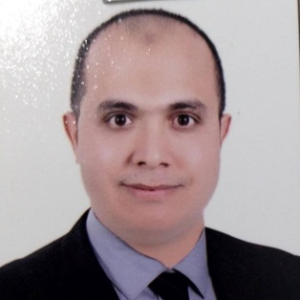Abstract:
Heavy metals can constitute a critical risk to freshwater fauna via exposure, bioaccumulation, and biomagnification processes. The results confirmed that heavy metals in the water, sediments, and tissues of crayfish were considerably higher in El-Rahawy sites in comparison to El-Kanater sites (P<0.05). Fe levels were the most abundant concentration compared to the remaining metals (Co, Zn, As, Cd, and Pb) in water, sediment, and crayfish tissues at all sites. Regarding Hms in crayfish tissues, the bioaccumulation sequence of HMs in all sites was in the decreasing sequence of exoskeleton > gills > hepatopancreas > muscles for Co, Pb, and Cd, gills > muscles > Hepatopancreas > Exoskeleton for Zn, and hepatopancreas > gills > exoskeleton > muscles for Fe and As. The HI values of the crayfish muscles, people who eat a normal amount of crayfish have no non-carcinogenic risk. On the other hand, the HI values calculated for habitual crayfish eaters of the muscles crayfish were higher than one which indicates that crayfish muscles have potential non-carcinogenic risk. On contract, As and Cd pose a carcinogenic risk for normal and habitual eaters consuming the muscular crayfish should be considered a hazard message based on data indices and human health viewpoint. Accordingly, the current study recommends a government environmental management in Egypt to conduct routine HM monitoring in the El-Rahawy drain in order to lessen potential health risks.




